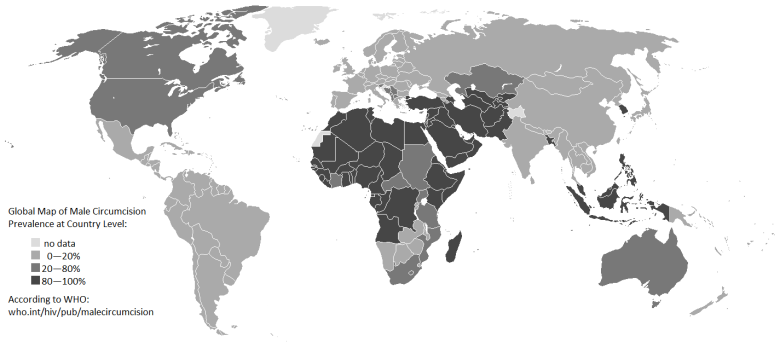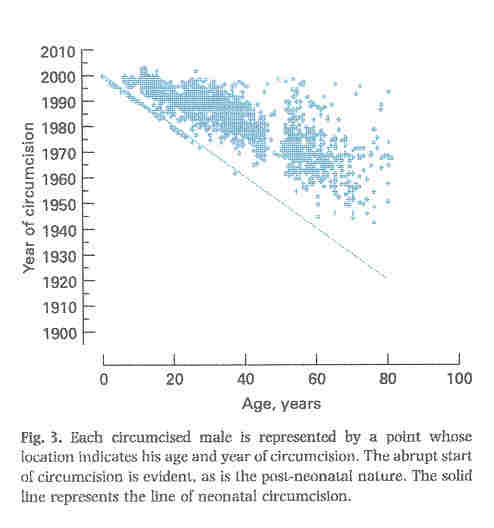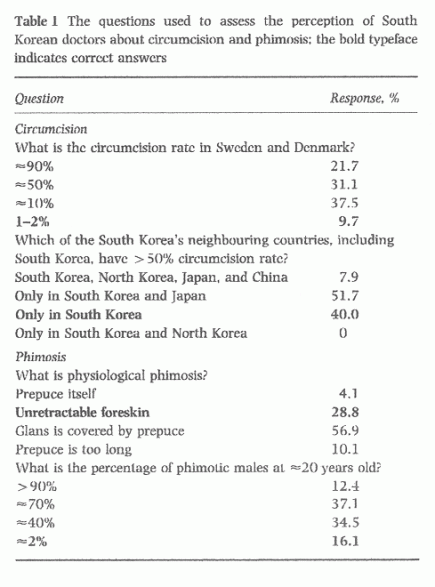I read this post on The Marmot’s Hole today. It comes from this story from the Korea Times (I’m not really pleased about using this as a source on this blog, but at the moment I don’t have time to search for a better Korean source). Please read both.
Essentially the story is about a high school student who killed his mother because he felt he couldn’t get the high grades she expected from him. The story outlines ways she would punish him for – as she saw it – underachieving.
“According to police, Park kept telling her son that he must enter a top-class university and should rank first in nationwide exams. When he obtained lower scores than her expectations, she didn’t give him food or forced him to stay awake at night to study.”
There are a couple of things to take form this. One, the pressure on some Korean kids is immense to perform exceptionally in exams. But moreover, that some parents really don’t understand what they’re talking about. Not eating or sleeping is not a good way to improve intelligence or performance in anything, exams, sports, whatever.
Unfortunately, with the way the education system in Korea is set up, cramming and rote learning can often be good methods to get high marks in Korean exams. These methods don’t often allow for good long-term retention or varied application, so we could make the claim that the very nature of the exams and the learning process within the education system are as much a aprt of the problem as parents like this one.
There were also some interesting comments on the post at the Marmot’s Hole. Notably, these from The Korean:
“4000th in the country is hardly “quite good”. Three digits and we will talk.”
This is referring to the fact that student in question was actually ranked 4000th in the country on a test – putting him in the top 1% of all students. This wouldn’t have been good enough for his mother, so he changed his grade to 62nd to avoid corporal punishment. The Korean’s comment is, in my opinion, typical of one of the major issues. However one looks at it, top 1% is good. It’s better than that, it’s outstanding, it’s better than virtually everyone else he will ever meet in his life in Korea.
Basic child psychology states that demeaning this achievement is the last thing that should be done. Sure, anyone, at any time, can always do better. But good achievements deserve praise. Something more along the lines of, “wow, that’s fantastic. Just imagine what you’ll be able to do next time.”
Besides, if someone does their best, works as hard as they can, but still falls short of what some people would hope for them, their attitude and dedication deserves praise. If someone is slacking off, not putting their all into something, then their attitude deserves criticism.
Another:
“I have many criticisms of Korean education system, but its drive toward achievement is not one. Koreans constantly drive their children to be better than they are now, and that’s a good thing.”
Heartfelt and admirable sentiments. A drive towards achievement is indeed a good thing. But how should we measure achievement? In Korea, and in this case, it’s test scores. And almost to the complete exclusion of everything else. As we’ve seen, this kid was in the top 1%, and that must have taken a lot of hard work and dedication, not to mention sacrifice. And yet none of that is taken into account. Someone with that sense of hard work and focus could surely also succeed in many other fields, such as sports or music. But they’ll be judged on test results.
Which leads me on to the next, related, point; how do we judge “better” when it comes to people? Is my parents view of what would make me “better” the same as my own? Am I a better person, a better son, a better whatever if I get a higher grade on an exam? How else should I be judged?
Again, unfotunately, I feel that far too often in Korea, young kids are judged not simply on their own performance in exams, but even more they are judged against others. This is a country that actually has a rank of every student in the country. As another commenter, Yangachi Bastardo, said, “how can they differentiate between say the 935th best student and the 936th?” How can they, indeed? But to my mind more crucially, why do they? When the culture demands an absolute ranking of every student, of course things like dedication, other passions and achievements, personality and so on do not get considered. Not when a number can be put next to your name to show how good you are. And so this is what it comes down to here all too often – not even the subjective “how good are you” but the even more ridiculous “how good do you appear to be compared to everyone else?”
That’s why we have the 엄친아 phenomenon. For those who don’t know, it’s a contraction of 엄마 친구의 아들 – mum’s friend’s son. It’s used to represent a phenomena so widespread that all Koreans recognise this term and its menaing. That is, one’s mum constantly comparing her own children negatively against those of a friend. It often goes something along the lines of “Did you know my friend’s son Minsu got into Seoul University? You didn’t, though, did you?” But these comparisons can be made about anything.
Sometimes I think Korea can be so caught up in comparing things that it misses the true value in them.
And so, what of this so-called “education fever?” Clearly, it can be destructive, harmful and dangerous. Pressure to do better than everyone else on exams leads to suicides of schoolchildren, incredible levels of stress and anxiety, and a warped childhood spent in hagwons, pouring over books or staring at a computer screen. All in the name of being better than the next guy on some exam. And this is how the vast majority of Korean children’s accomplishments from birth to 18 are measured – comparing exam results with 엄친아’s.
There’s so much more to life, especially during childhood, so much mkkore to succeed in, and so many more barometers of this success, that personally I can’t help feeling that the majority of Korean schoolchildren are missing out. And The Korean may well disagree with me, he may well dislike me saying this, but I know I wouldn’t want my own children going through this system with this education culture.
Sure, encouraging oneself and also one’s children to strive for success is a very good thing. But I won’t be measuring my children’s success against that of the kid next door. I’ll want them to do the best they can for themself. I won’t want them to feel like their life isn’t worth living if they can’t be the best out of veryone in the country on any given test.
And so I say Korea needs to take a look at how it measures success, and what people want from their life and from their children. I think it will take people saying “actually, I don’t really want to go to Seoul University. I don’t want to be a doctor or a lawyer. What I want to do is … and this is they way I want to do it.” It will take people turning down the high-status jobs in favour of the ones that will make them happier, more fulfilled and give them a better quality of life. It will take a removal of these sorts of national systems of ranking everybody based on such narrow criteria and then saying “this is you, you are number 4,362.” It will take a widespread change of attitude to say tests aren’t what make the person.


